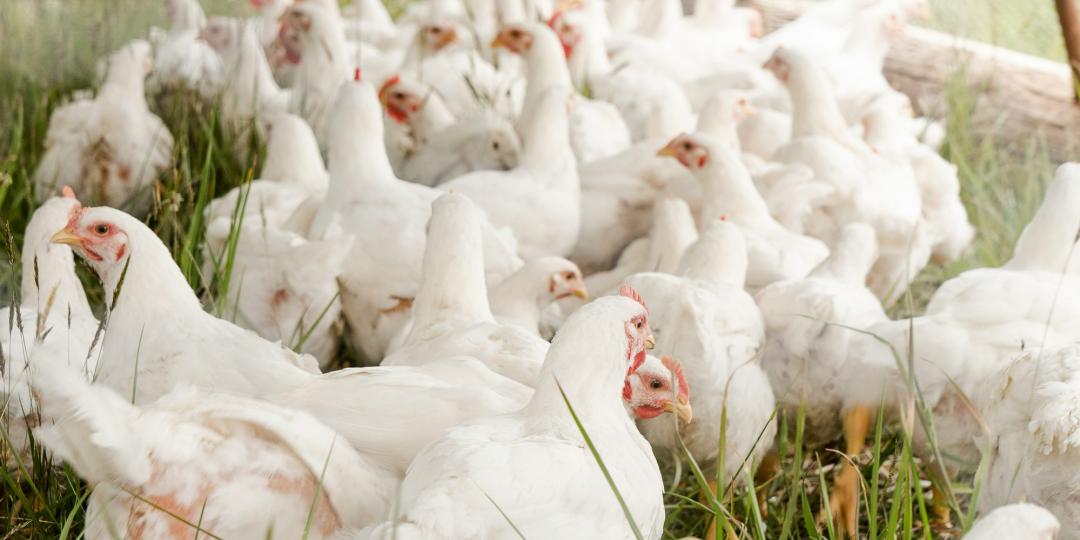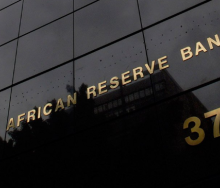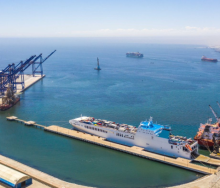Chicken imports in April were 50.6% higher than in March and reached the highest level since March 2023 on the back of government tariff cuts, ostensibly to counter expected shortages due to avian influenza.
Anthony Clark, analyst and founder of Smalltalkdaily, points out in a study of the latest available data from the SA Revenue Service, that imported offal and mechanically-deboned meat, a paste used in food products, showed the biggest increases.
Offal volumes increased by 118% and mechanically deboned meat by 26.9%, “perhaps an indication of the constrained nature of the consumer where they are purchasing lower price-point protein,” Clark notes.
The local poultry industry was severely critical of trade, industry and competition minister Ebrahim Patel’s decision to grant rebates on chicken imports for the first quarter of the year, as the poultry sector incurred significant expenses to prevent shortages in the domestic market late in 2023. This followed severe outbreaks of a highly pathogenic avian influenza in key production areas.
“The industry, led by the South African Poultry Association, has been successful in lobbying the (department) that there were no poultry shortages in South Africa due to avian influenza. Thus, the (department) has not granted a renewal of the import license tariff rebate systems for quarter two of 2024. This is some decent news for the embattled poultry sector,” according to Clark.
Clark’s analysis shows that Brazil, the USA and Argentina are the main exporters of poultry into South Africa.
Total April imports were 45 332 tonnes, 15 221 tonnes more than in March. The value of poultry imports was R562.6 million, or 52.3% more than in March. Of this, 95.6% was chicken meat or products with a total value of R492.4m.
Offal volumes rose from 8334 tonnes to 15 413 tonnes, mechanically-deboned meat by 26.9% to 18 471 tonnes and bone-in portions by 15.6% or 700 tonnes to 5193 tonnes.













